Hanoi Liberation Day: Celebrating Vietnam’s Historic Victory
Hanoi Liberation Day on October 10, 1954 was one of the most important events in the city’s past. This signaled the end of French colonial control and Vietnam’s path toward independence started. Celebrated today with national pride, the day honors the sacrifices made for independence and the city’s resiliency above all. Let MOTOGO Tours explore the importance of this day.
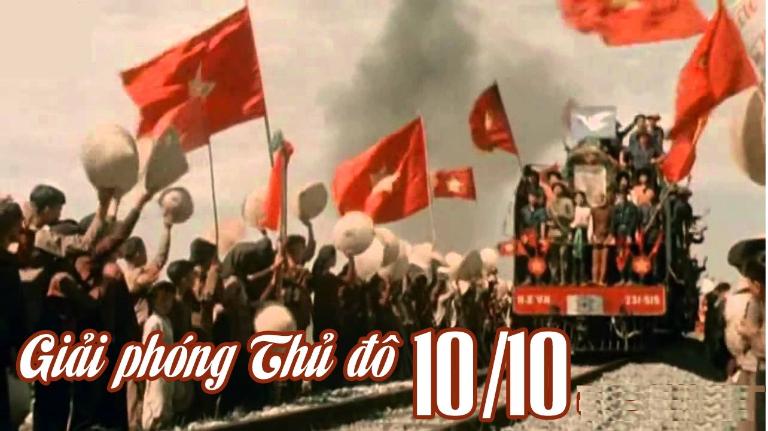
The Context Leading Up to Hanoi Liberation Day
Since the mid-19th century, Vietnam had been under French rule; Vietnamese people suffered decades of exploitation and persecution while their political autonomy was suppressed and their resources were directed toward the French economy. But early 20th-century nationalist movements, especially under the direction of the Viet Minh, started to question this domination. Leading revolutionary leader and face of the Vietnamese independence movement Ho Chi Minh drove campaigns against colonial control.
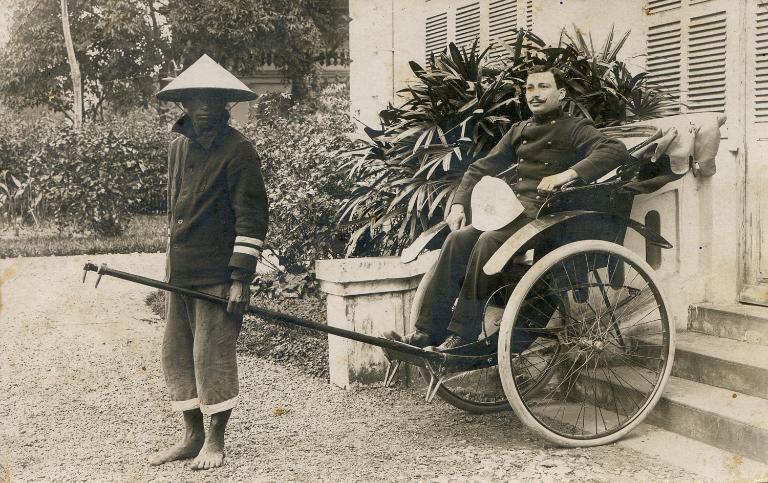
Following years of guerilla warfare, the Battle of Dien Bien Phu in 1954 proved pivotal; the turning point came after World War II when the Viet Minh strengthened their resistance. The French were soundly defeated, and negotiations followed that would finally result in the Geneva Accords being signed. Supported by the United States and its allies, these accords proposed for the temporary separation of Vietnam into the communist North run under Ho Chi Minh’s Democratic Republic of Vietnam and the anti-communist South. Being the capital of the North, Hanoi was strategically very important, hence its release was a turning point in the Vietnamese independence movement.
October 10, 1954: The Day of Liberation
October 10, 1954 is a day the Vietnamese people will always remember especially in Hanoi. It represents the official release of the capital from French colonial forces, therefore signifying the end of almost a century of fight against foreign control.
The Events of October 10, 1954
The day of liberation was really emotional and orderly. Having spent decades occupying Hanoi, French forces left the capital early in October 10, leaving a symbolic handover of authority behind. Under General Vo Nguyen Giap, the Vietnamese People’s Army marched into the city in a hero’s welcome. Many Hanoans had long yearned for: their city was free from foreign control at last.
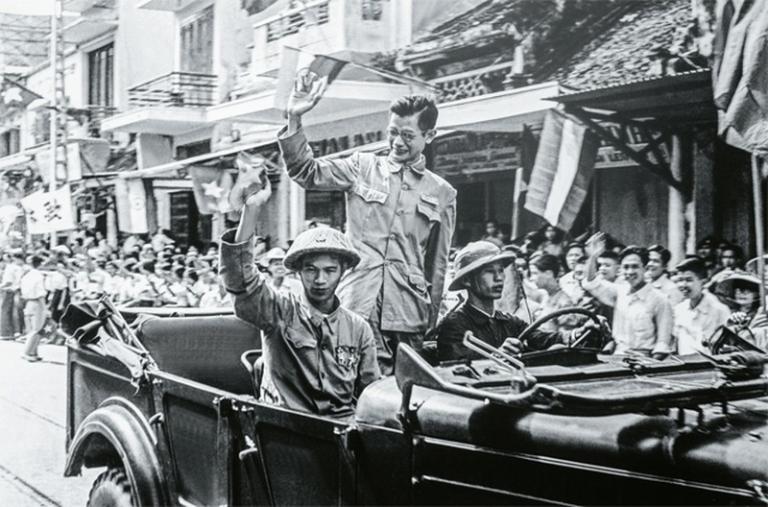
Hanoi’s Streets on Liberation Day
Celebratory throngs of Vietnamese flags fluttering boldly in the breeze flooded Hanoi’s streets. Everywhere one could see the red banner with a yellow star signifying socialism, independence, and unity. Thousands of people—including revolutionaries, intellectuals, students, and common people—gathered to see the historic event, hence generating an intense feeling of happiness and relief. Screaming cries of freedom and independence, people packed the streets to greet the triumphant Viet Minh forces.
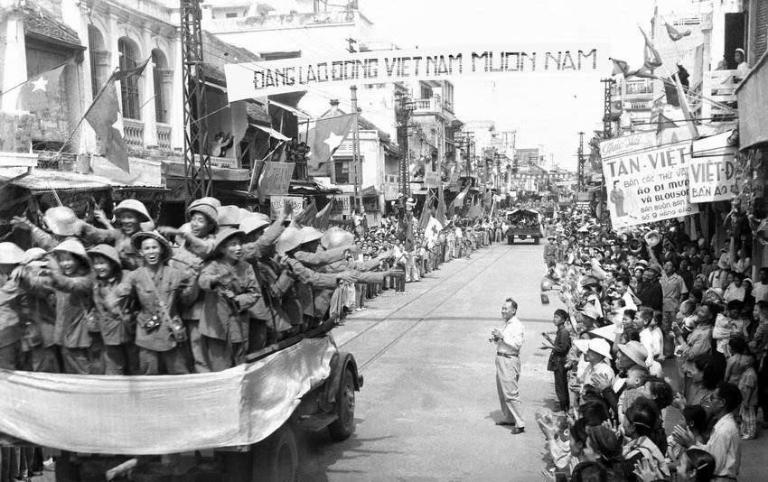
The Flag-Raising Ceremony at Ba Dinh Square
The flag-raising ceremony in Ba Dinh Square, the center of political life in Hanoi, was among the most memorable events of Hanoi Liberation Day. Among the many significant events this place saw were Ho Chi Minh’s September 2, 1945 declaration of Vietnamese independence. October 10, 1954, once more set the scene for a significant turning moment in Vietnamese history.
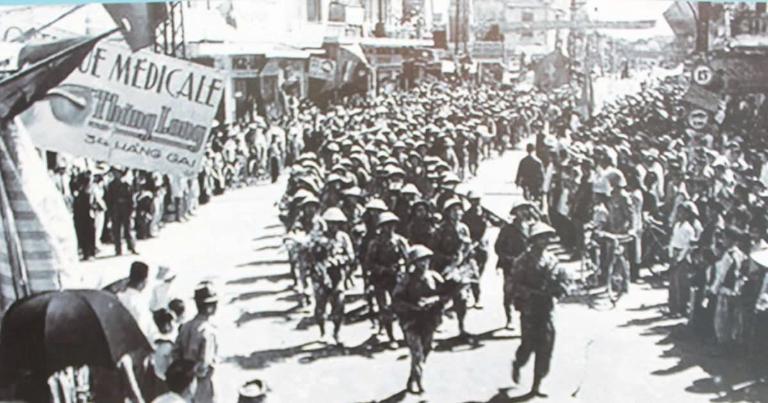
The atmosphere was packed with feeling as the Democratic Republic of Vietnam raised its new flag. Tien Quan Ca, the national anthem, rang across the plaza and many of the audience were brought to tears. This turning point marked not just the release of Hanoi but also the prospect of a fresh future free from the weight of colonialism for Vietnam.
>>> Explore: Vietnam Independence Day: History, Significance, and Modern Celebrations
Annual Celebrations of Hanoi Liberation Day Today
Celebrated yearly on October 10, Hanoi Liberation Day is rather important in Vietnam’s national calendar. For people of all ages, modern festivities of Hanoi Liberation Day combine history, national pride, and communal spirit to create a very significant event.
Parades and Festivities in the Capital
The great procession held in the center of Hanoi Liberation Day celebrations is pillar of the event. Usually passing major historical locations like Ba Dinh Square and Hoan Kiem Lake, where millions of people come to see the spectacle, the procession proceeds through.
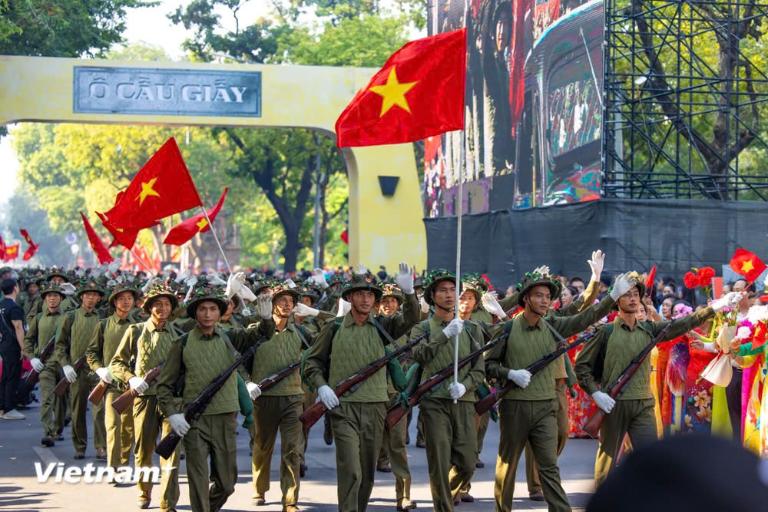
Comprising military members, students, and local businesses, the procession is a vibrant celebration of national pride. Often leading the parade are government leaders and veterans, therefore highlighting the resilience and unity of the Vietnamese people. Flags and banners adorn the streets, therefore fostering a lively and cheerful environment that ties the community together.
Cultural Activities and Performances
The variety of cultural events held all throughout the city is among the most beloved features of the Hanoi Liberation Day festivities. Parks, squares, and cultural centers are among public venues for traditional music, dance, and theater events. Drawing on Vietnam’s rich past, these presentations chronicle the revolution, the personal sacrifices made, and the value of independence.
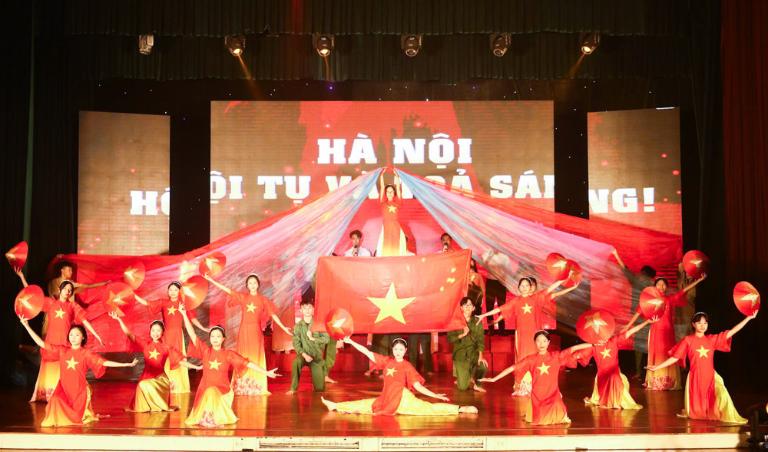
Honoring the Heroes of the Revolution
Hanoi Liberation Day revolves mostly on honoring the leaders of Vietnam’s independence struggle. Ceremonies honoring those who battled and died for the liberation of Hanoi are conducted across the city At important sites and memorials, veterans, government representatives, and citizens join in somber wreath-laying events.
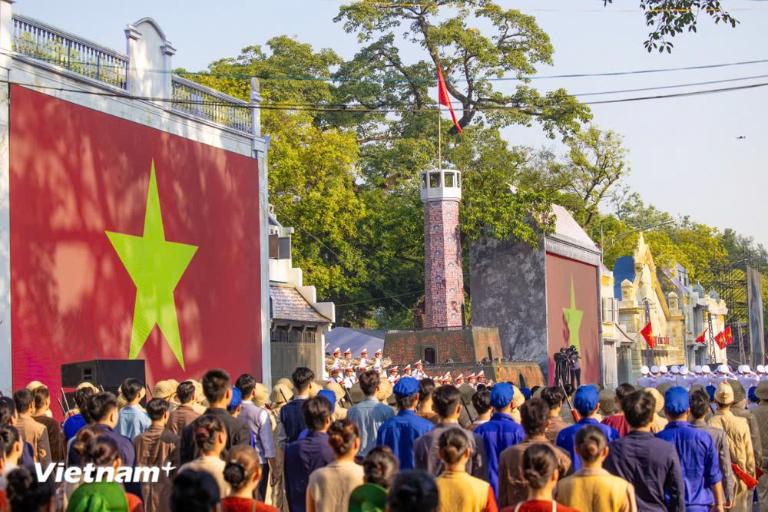
Special events honoring the sacrifices made by revolutionary leaders and troops take place at Ba Dinh Square, the location Ho Chi Minh announced Vietnam’s independence in 1945. Memorial rituals offering a chance for introspection and thanksgiving also take place at the Ho Chi Minh Mausoleum and other important places throughout the city.
Fireworks and Nighttime Celebrations
Hanoi Liberation Day celebrations continue well beyond the sun sets. Actually, the amazing fireworks show lighting the night sky over Hanoi marks one of the highlights of the day. Usually, major fireworks displays take place at well-known sites including the West Lake area, Hoan Kiem Lake, the Thang Long Imperial Citadel, and so forth.
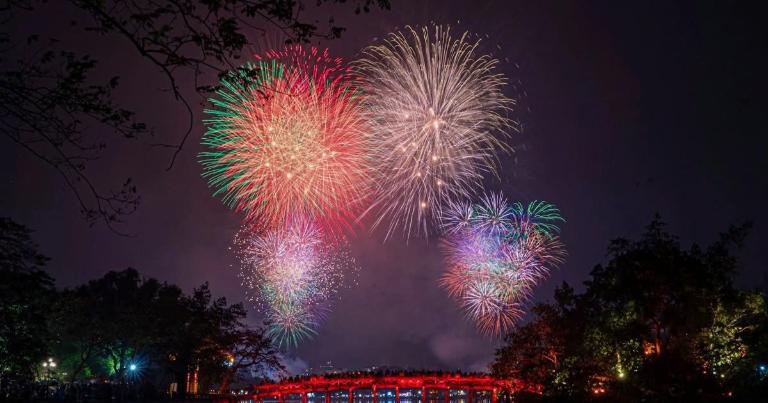
Watching the fireworks, which are considered as a symbol of the nation’s hard-earned freedom and the bright future that awaits, people assemble with family and friends. The brilliant colors and sounds of the fireworks reflect the exuberant attitude of the day, therefore fostering unity and happiness.
Nightfall also includes outdoor celebrations and performances including both national and local musicians covering both new and classic genres. These gatherings usually draw big numbers of people who provide the ideal conclusion to a day full of historical thought, pride, and joy.
The Significance of Hanoi Liberation Day for Vietnam Today
For Vietnamese people, Hanoi Liberation Day still has great significance. This day marks resiliency, liberty, and the nation’s ongoing struggle for sovereignty. For many, it reminds them of the might of the Vietnamese people and their ability to surmount great obstacles.
National Pride and Unity
Celebrations of Hanoi Liberation Day help to build unity and national pride. People from many walks of life gather on this day to honor their common past and the nation’s freedom. The day supports the ideals of liberty, tenacity, and self-reliance that have come to define current Vietnam.
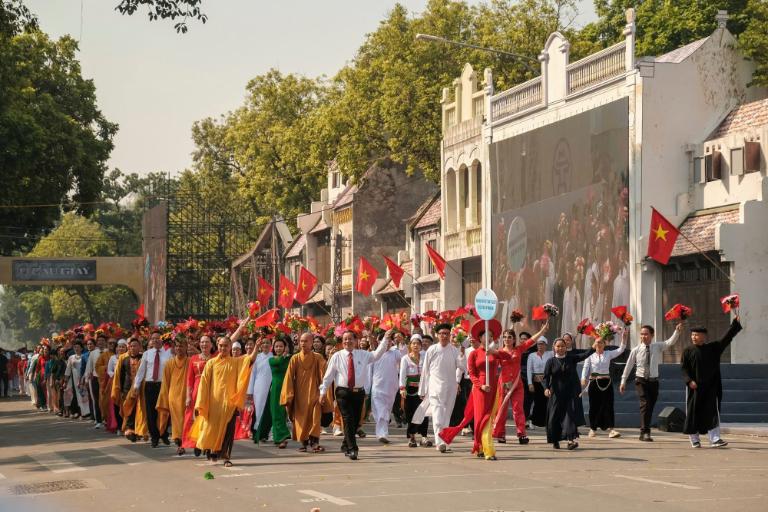
The Impact on Education and Youth
Educating Vietnam’s younger generations about their nation’s past depends much on Hanoi Liberation Day. On this day, schools and colleges offer unique events and courses on the historical relevance of the events that resulted in independence and the sacrifices made by their predecessors, therefore educating the children.
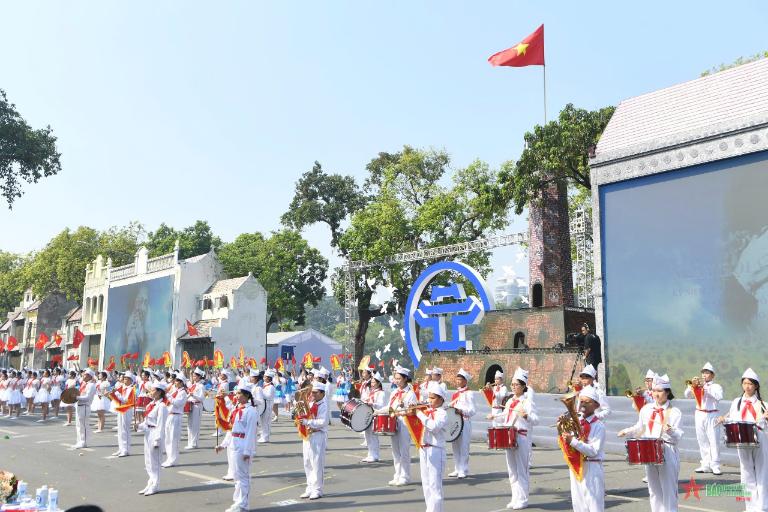
Hanoi Liberation Day leaves behind not just in Vietnam but also worldwide impact. For Vietnam, this is a day of contemplation, joy, and commemoration of the resiliency of its people. The lessons learnt on Hanoi Liberation Day remain fundamental to the national consciousness as the nation develops and changes, therefore promoting togetherness, pride, and optimism for the future.
Frequently Asked Questions About Hanoi Liberation Day
Q1: Why is Hanoi Liberation Day significant in Vietnam?
Celebrated as the end of French colonial control in the capital city, Hanoi Liberation Day commemorates the start of Vietnam’s road towards total independence. Honoring the sacrifices made by the Vietnamese people in their quest of freedom, this day marks national pride and solidarity.
Q2: How is Hanoi Liberation Day celebrated today?
Celebrated today with parades, cultural events, and ceremonies honoring the revolutionaries’ heroes, Hanoi Liberation Day National pride permeates this day as events across the city honor the significance of the occasion. To enhance your experience, you can choose guided tours Hanoi like Hanoi Motorbike Tours. They will provide a comprehensive overview of Hanoi Liberation Day’s history and significance.
Q3: What role did Ho Chi Minh play in the liberation of Hanoi?
A major movement leader for Vietnamese independence was Ho Chi Minh The success of the revolution and the ultimate release of Hanoi on October 10, 1954 were greatly aided by his leadership of the Viet Minh and his vision of a free Vietnam.
Q4: What is the historical background of Hanoi Liberation Day?
Hanoi Liberation Day commemorates the withdrawal of French forces from the city in 1954, following nearly 80 years of colonial rule. It was a turning point in Vietnam’s struggle for independence and set the stage for the eventual reunification of the country.
Q5: How does Hanoi Liberation Day influence modern Vietnamese culture?
By encouraging a feeling of national pride and unity, Hanoi Liberation Day keeps influencing modern Vietnamese society. For younger generations, it is a teaching tool that helps them learn about the past of their nation and the need of tenacity against hardship.
Related Posts:






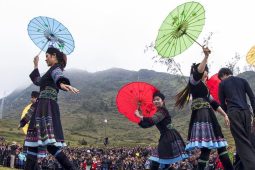
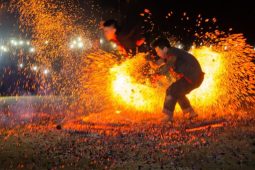
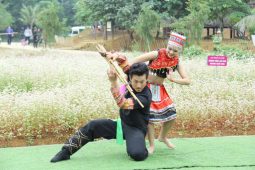
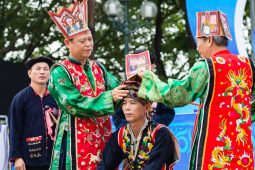


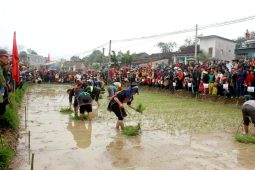
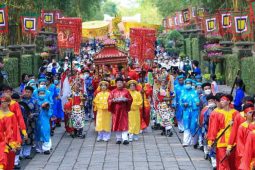
Be the first to comment!